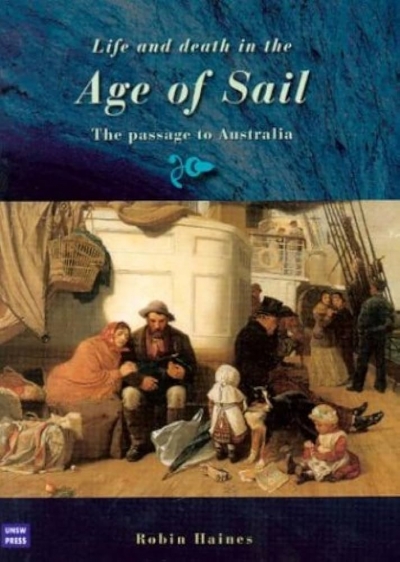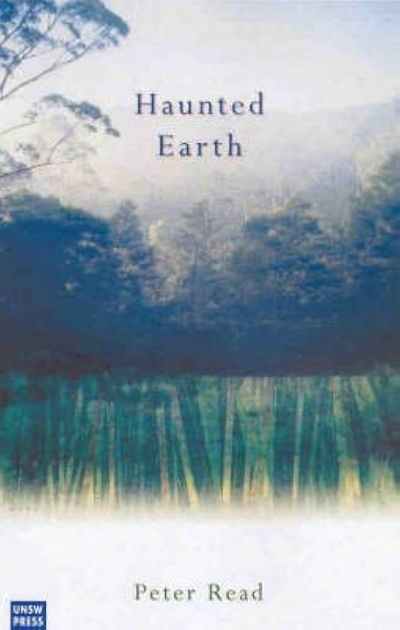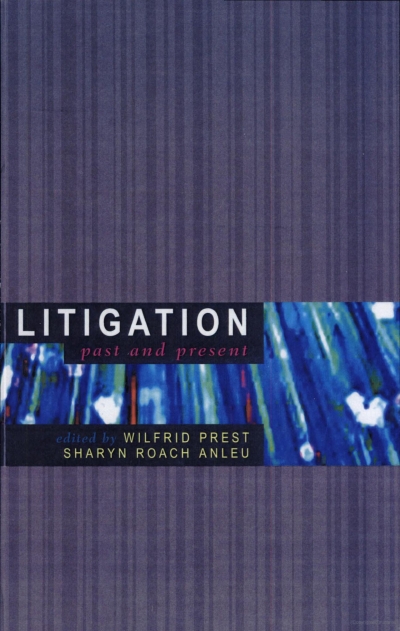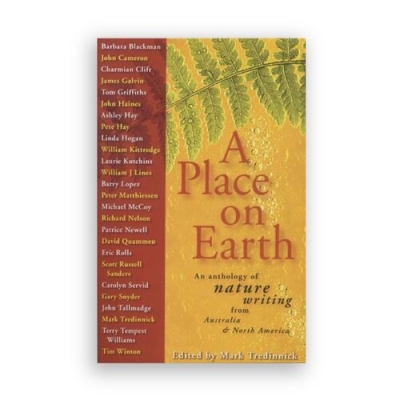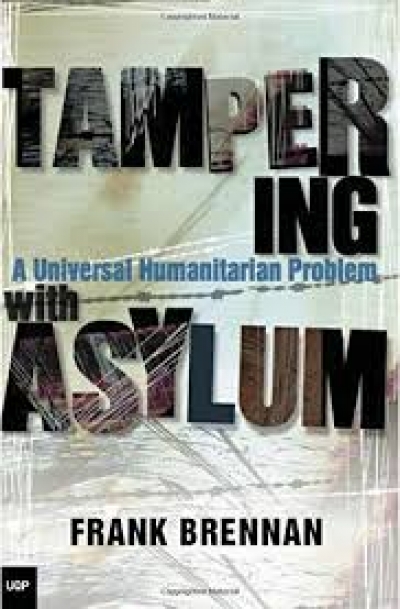UNSW Press
The Third Try by Alison Broinowski and James Wilkinson & Australian and US Military Cooperation by Christopher Hubbard
by Daniel Flitton •
Life and Death in the Age of Sail: The passage to Australia by Robin Haines
by Gillian Dooley •
Passion for Peace: Exercising power creatively by Stuart Rees
by Rosamund Dalziell •
Litigation edited by Wilfrid Prest and Sharyn Roach Anleu & Slapping on the Writs by Brian Walters
by Grant Bailey •
The Cruise of the Janet Nichol among the South Sea Islands edited by Roslyn Jolly & Robert Louis Stevenson edited by Roger Robinson
by Kate Darian-Smith •
A Place on Earth: An Anthology of Nature Writing from Australia and North America edited by Mark Tredinnick
by Kim Mahood •
Tampering with Asylum by Frank Brennan & From Nothing to Zero by Julian Burnside
by Sylvia Lawson •



